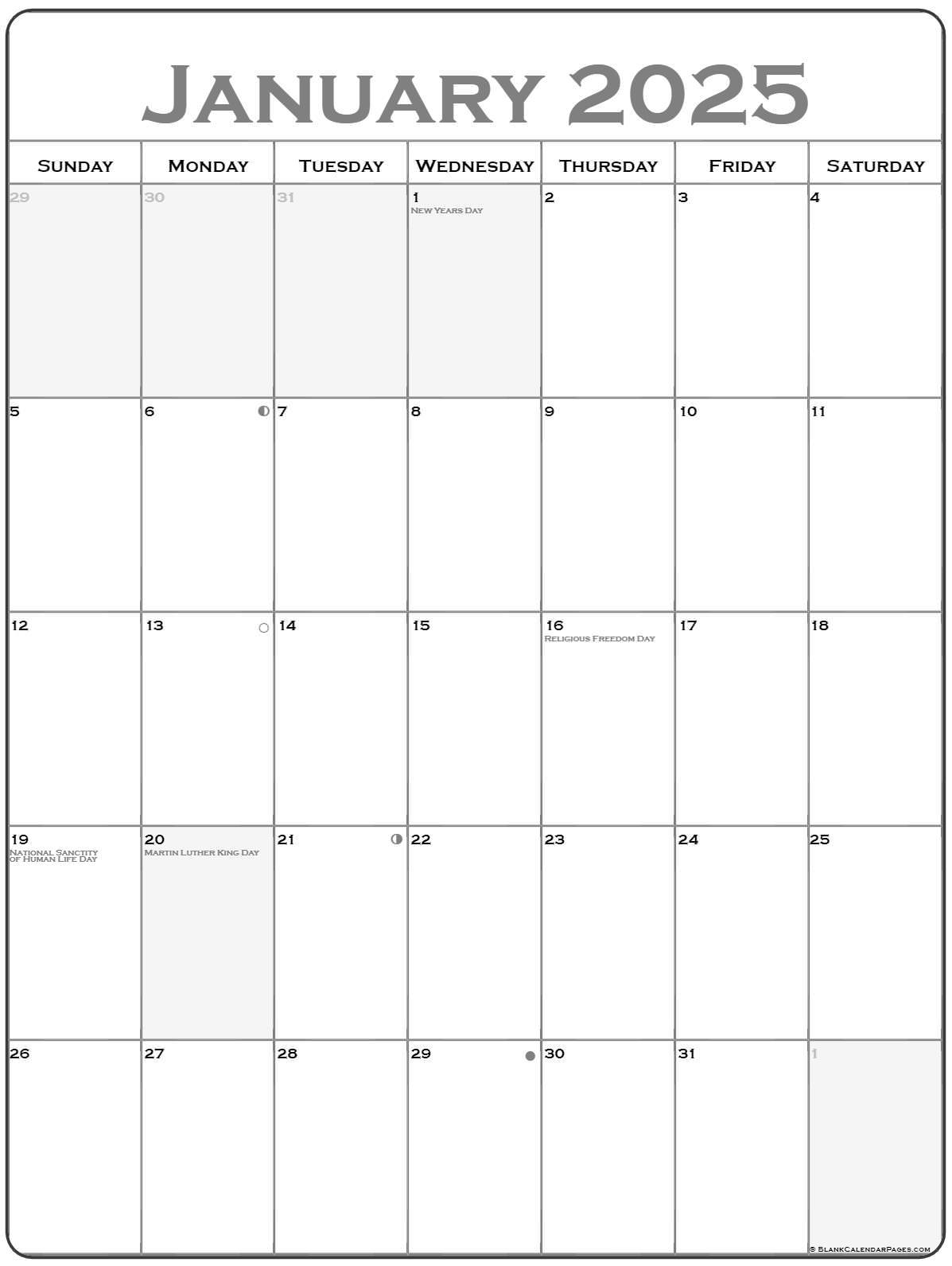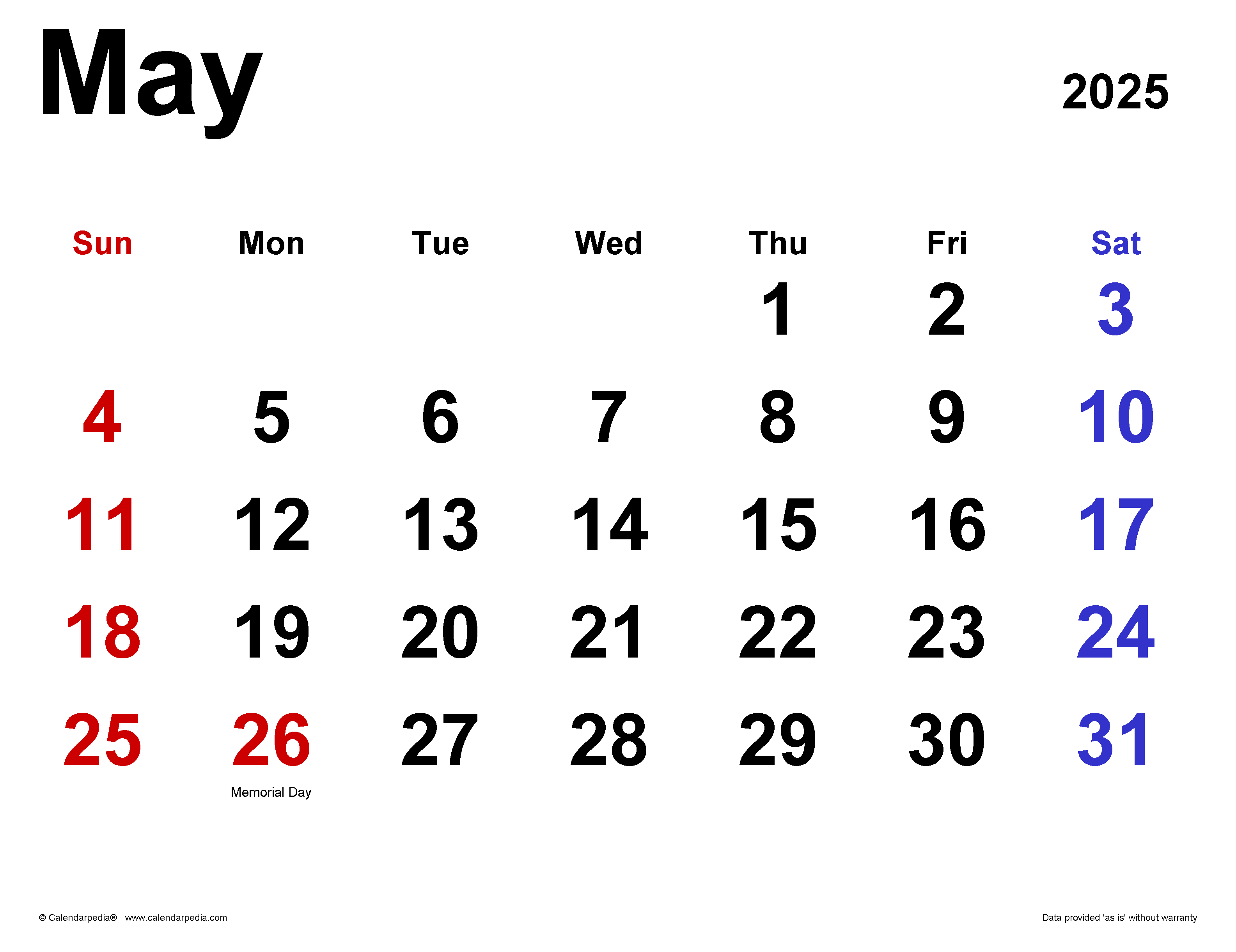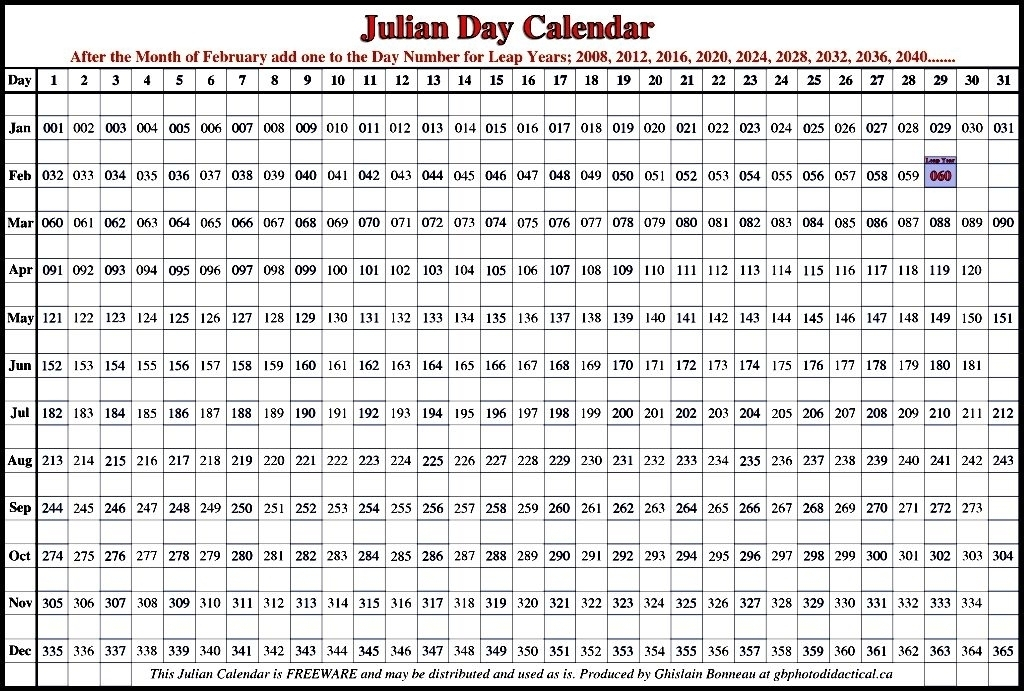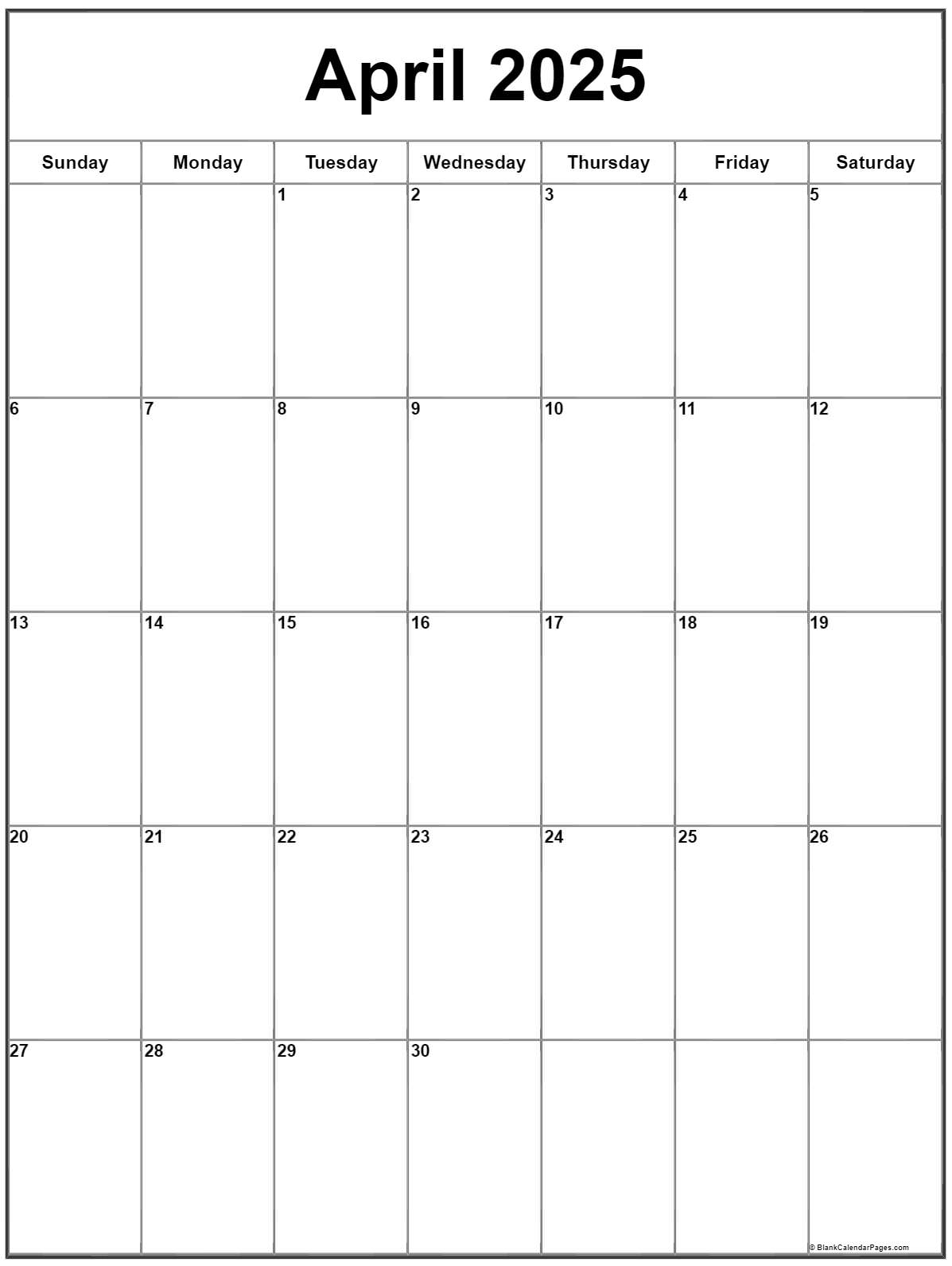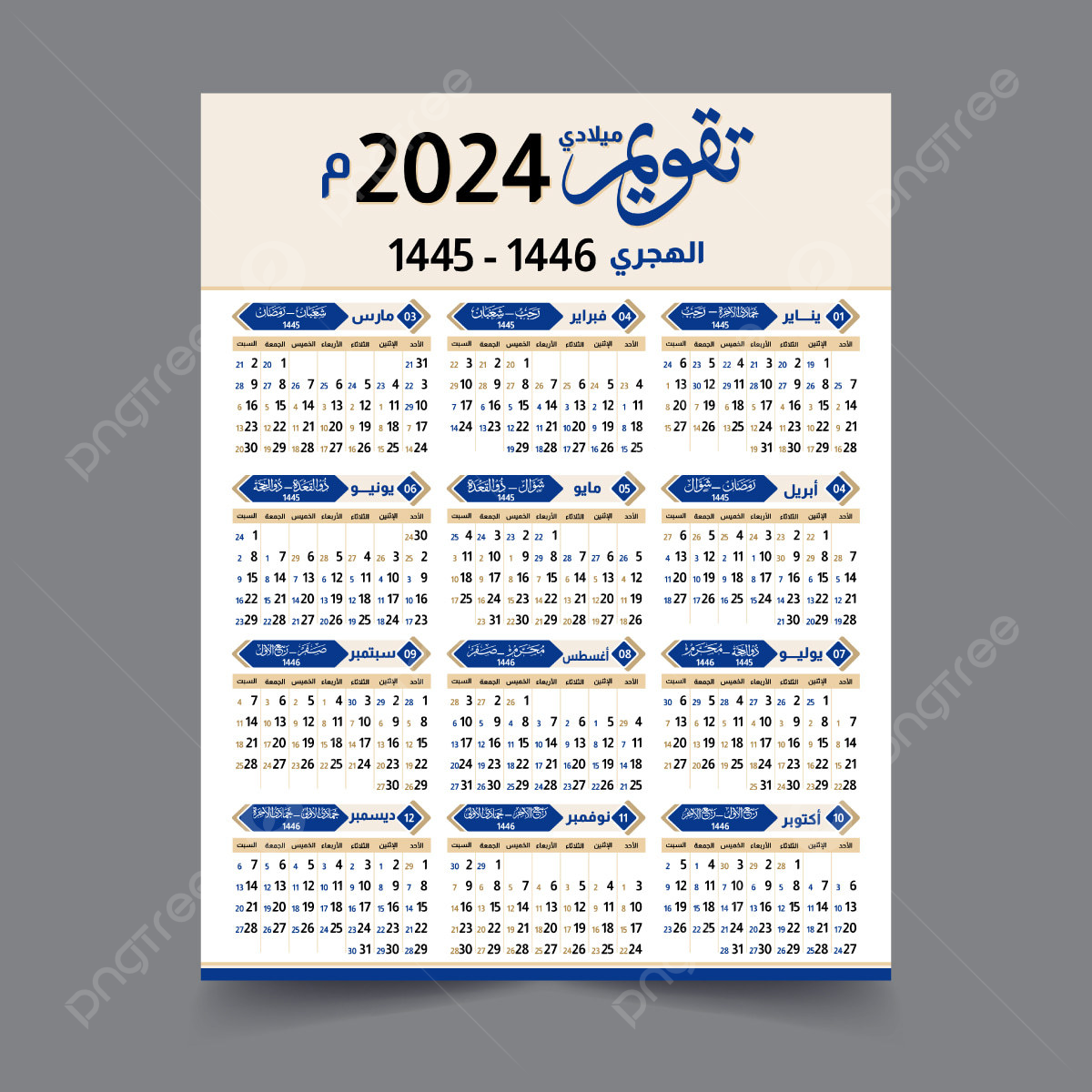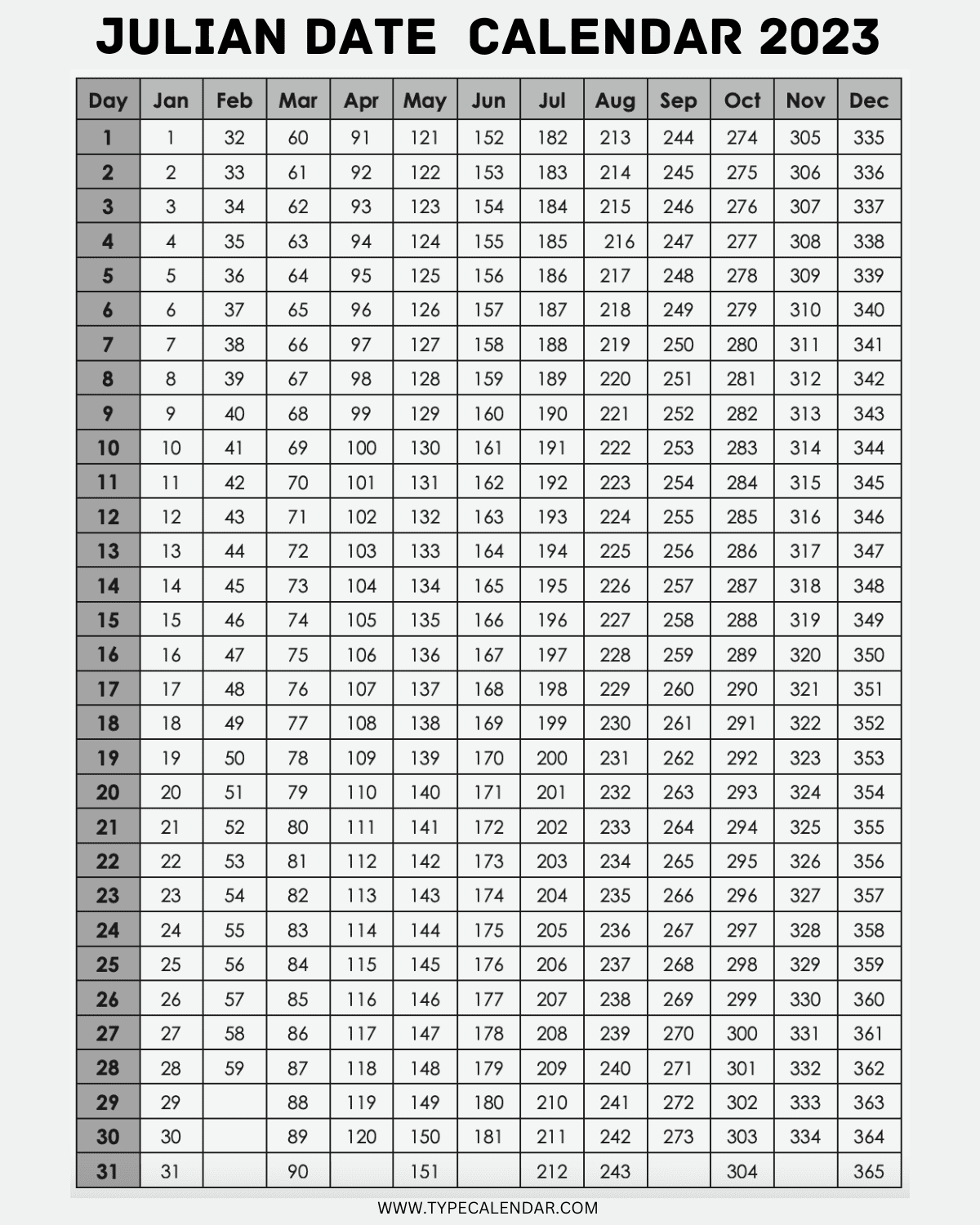Whose May 2025 Calendar Is Today
Whose May 2025 Calendar Is Today? A Journey Through Time, Memory, and the Illusion of the Present
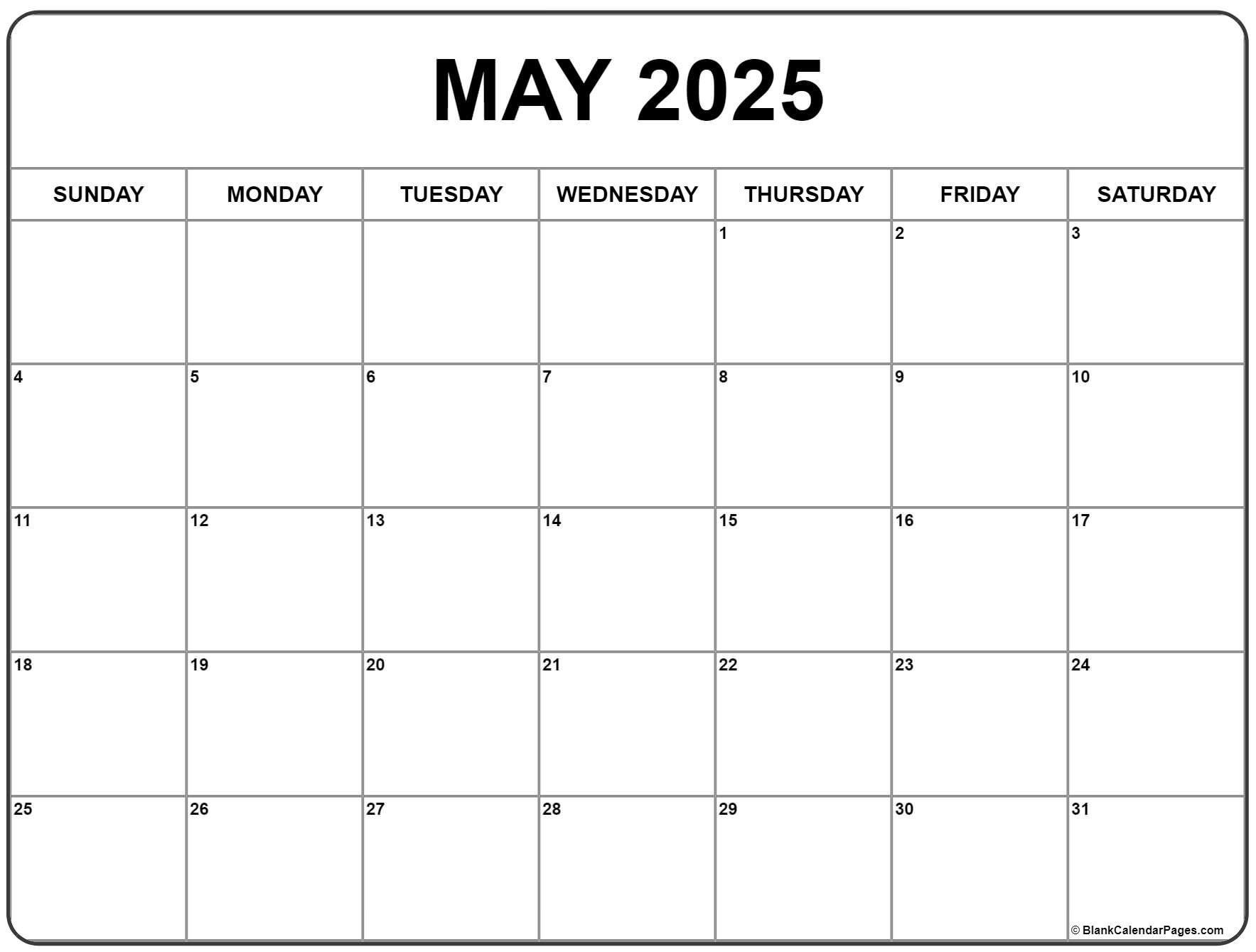
The question, "Whose May 2025 calendar is today?" isn’t a straightforward one. It’s a riddle wrapped in a paradox, a playful challenge to our understanding of time and perspective. There’s no single, definitive answer, but rather a multitude of interpretations, each revealing something fascinating about our relationship with the past, present, and future.
On a purely literal level, no one’s May 2025 calendar is "today." Today, as you read this, is a specific date in the present, firmly situated in the past relative to May 2025. The calendars of May 2025 are future artifacts, yet to be printed, downloaded, or even conceived in their final form for many individuals. The question, therefore, presents a fundamental incompatibility between the present moment and a future date.
However, the question’s intriguing nature lies in its ability to spark deeper thought. It encourages us to explore the ways in which we conceptualize and experience time, and how our individual perspectives shape our understanding of its flow.
The Collective Calendar and the Illusion of Shared Time:
We often operate under the illusion of a shared, objective present. We speak of "today" as if it were a universally experienced moment. But this is a simplification. The Earth’s rotation and the resulting time zones mean that "today" is simultaneously a multitude of moments across the globe. While someone in London experiences "today" at a specific time, someone in Sydney is already experiencing the next day. This highlights the subjective nature of our temporal experience.
The May 2025 calendars, therefore, exist in a realm of future potential, a shared future, but not a shared present. Their existence is predicated on the collective agreement on a standardized calendar system, a social construct that allows us to coordinate our activities and understand each other’s temporal references. This collective calendar, however, doesn’t negate the individual experiences of time.
Personal Calendars and the Subjective Experience of Time:
Beyond the collective calendar, individual experiences of time further complicate the question. Our personal calendars are reflections of our lives, our plans, and our memories. A May 2025 calendar for a specific individual might already exist, at least in a conceptual form. A project manager might have a preliminary draft outlining key deadlines, a student might have a tentative schedule of exams, a traveler might have a rough itinerary. These are nascent forms of the May 2025 calendar, shaped by their individual expectations and aspirations.
These personal calendars, even in their nascent stages, represent a subjective experience of time. They are projections of the future, based on present plans and past experiences. They are not immutable; they are fluid, subject to change and adaptation as circumstances evolve. A sudden illness, a job change, or an unexpected opportunity could dramatically alter an individual’s May 2025 calendar.
The Role of Memory and Anticipation:
The question also touches upon the interplay between memory and anticipation in shaping our perception of time. Our memories of the past influence our expectations of the future. Our past experiences inform our planning, shaping the content of our future calendars. The way we remember past Mays might influence how we anticipate May 2025. Will it be a continuation of past trends, or will it be radically different?
Anticipation, too, plays a crucial role. The thought of May 2025, even now, can evoke a range of emotions and expectations. It might be a source of excitement for a planned vacation, a source of anxiety for an impending deadline, or simply a neutral point on the timeline of life. These feelings, these anticipations, are already shaping our present, even though the actual events of May 2025 are still in the future.
The Metaphorical Interpretation:
The question can also be interpreted metaphorically. "Whose May 2025 calendar is today?" could be seen as a question about ownership and control over the future. Who has the power to shape the events of May 2025? Is it individuals, corporations, governments, or some combination thereof? This interpretation shifts the focus from the literal passage of time to the social and political forces that influence the unfolding of events.
It could also be a reflection on the unpredictability of the future. No matter how meticulously we plan, unforeseen circumstances can alter the course of events. Our carefully crafted May 2025 calendars might be rendered obsolete by unexpected developments. This highlights the inherent limitations of our ability to predict and control the future.
Conclusion:
The seemingly simple question, "Whose May 2025 calendar is today?" ultimately leads us on a journey of exploration into the multifaceted nature of time and our relationship with it. It reveals the subjective nature of our temporal experience, the interplay between individual and collective perceptions, and the limitations of our ability to predict the future. There is no single answer, only a multitude of perspectives, each enriching our understanding of the intricate dance between the past, present, and future. The question serves as a potent reminder that while we strive to organize our lives through calendars and plans, time itself remains a fluid, ever-changing entity, beyond our complete control. The true "owner" of May 2025’s calendar, therefore, is perhaps time itself.
